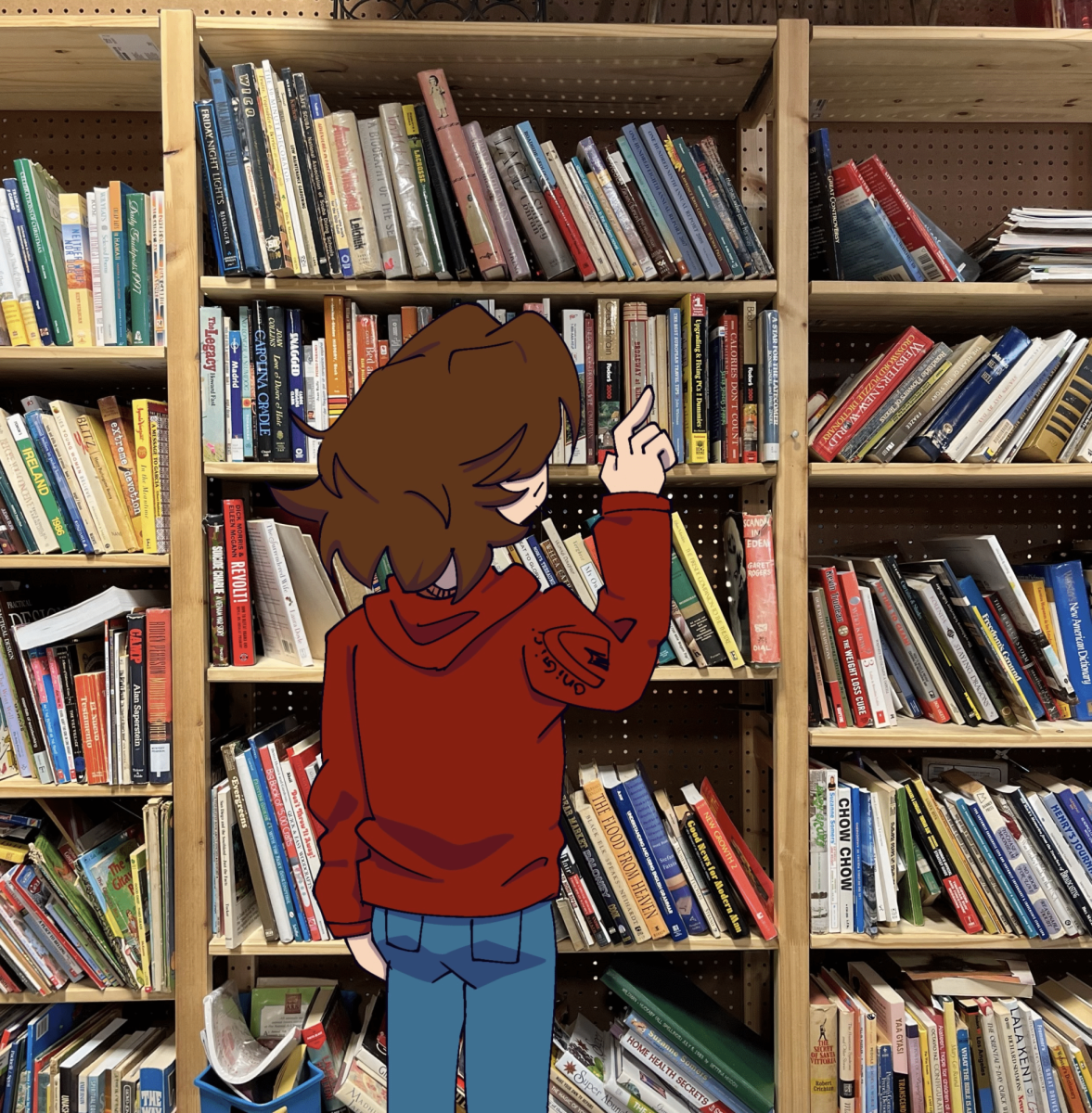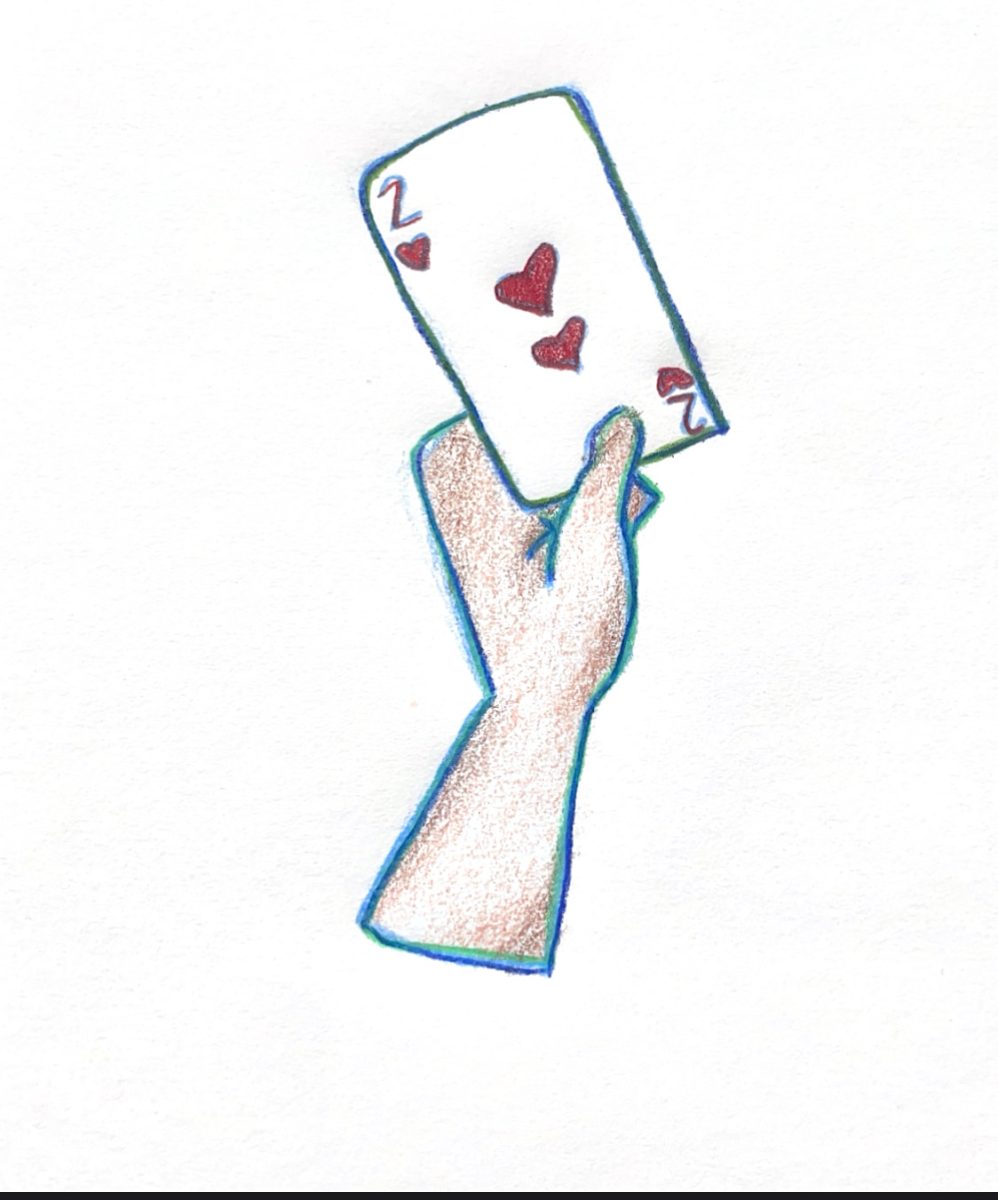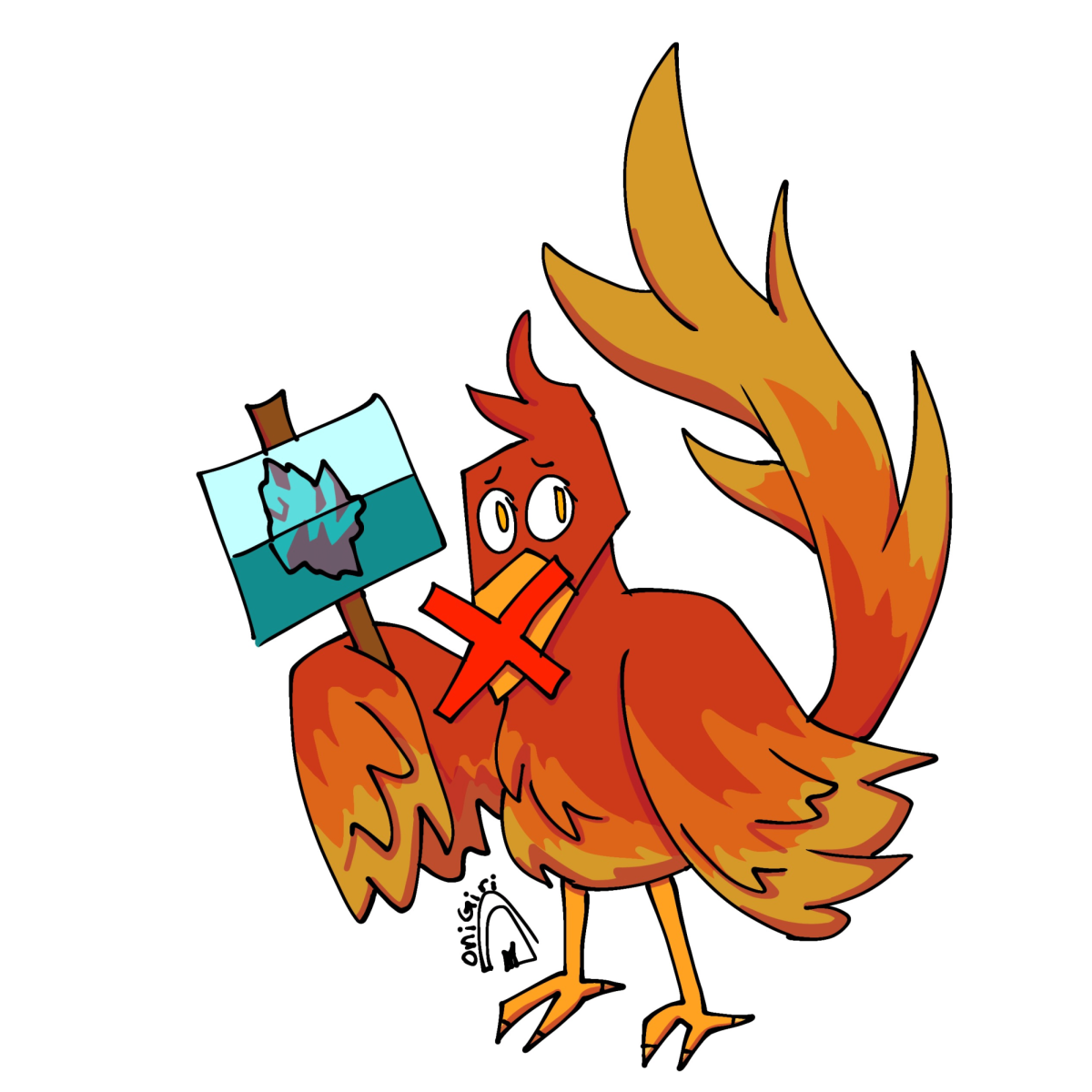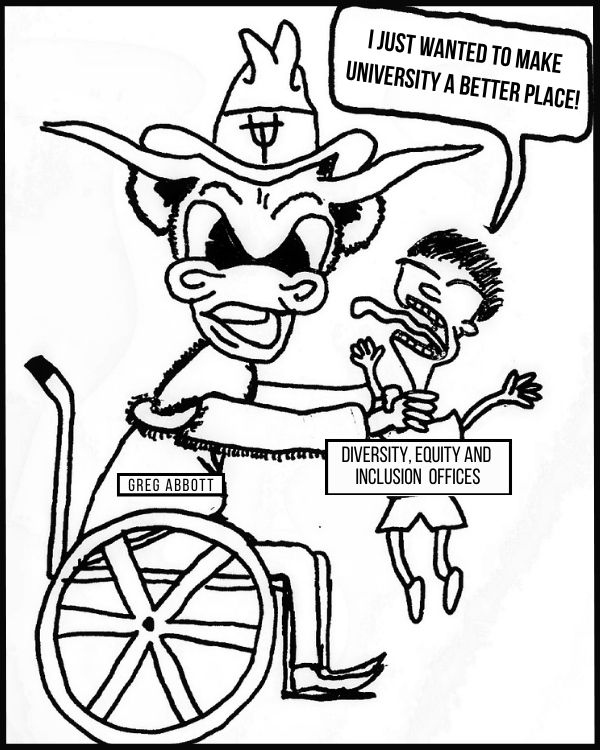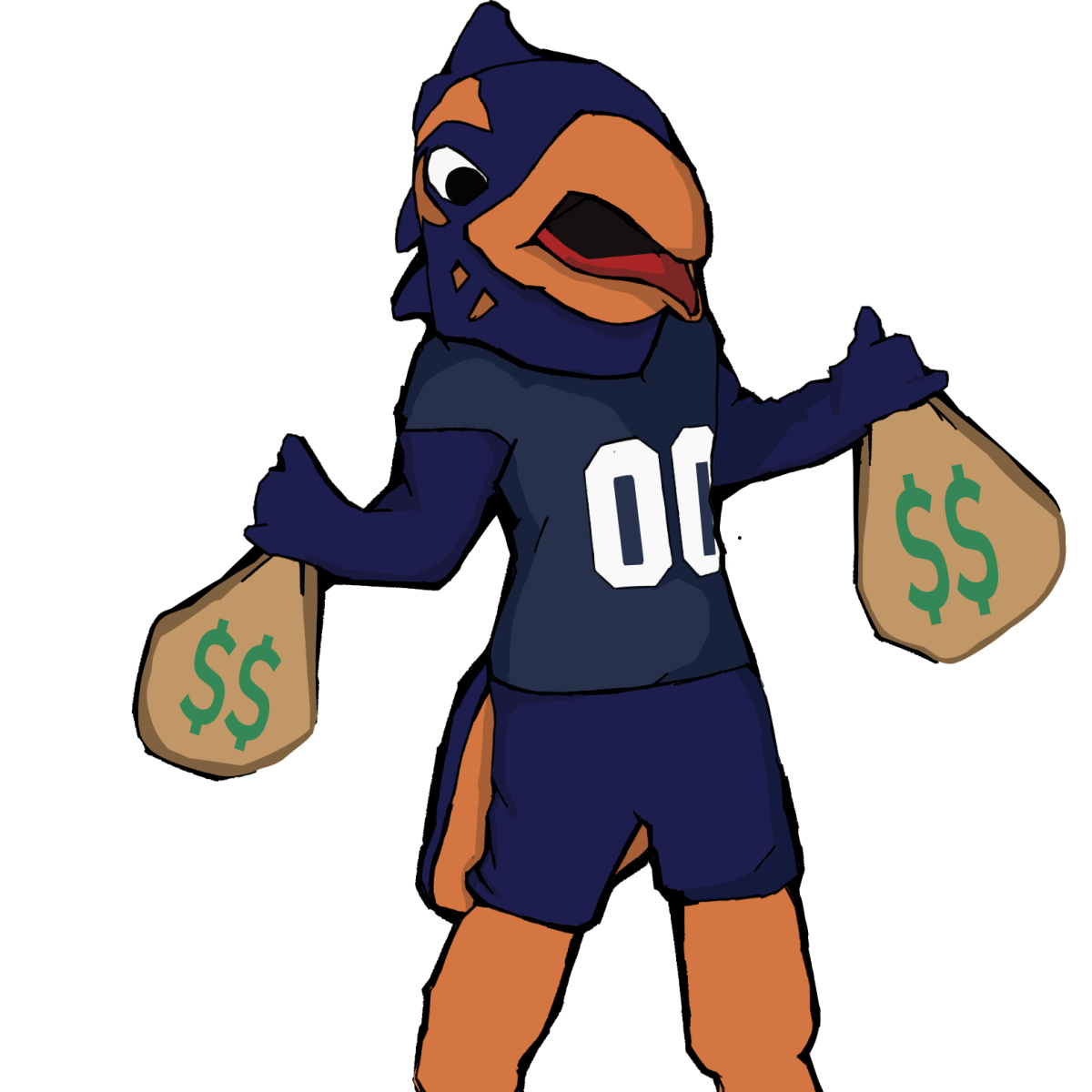Social media is the driving force of culture, communication and consumption. Never in the history of the world has there been an easier way to communicate with millions of people as instantly as you can think it. In every sector of every discipline of study, there are groups of people trying to understand and measure what this social media phenomenon actually means.
Consider that only seven years ago most people had never even heard of Facebook. Now Facebook is quickly approaching a network of 1 billion people. In terms of countries, that would make Facebook the 3rd largest country in the world.
Facebook is also the most addictive substance on the planet. The University of Chicago’s Booth Business School recently published a study in the journal Psychological Science that said that Facebook is more addictive than alcohol or cigarettes. The study also reported that resisting spending and even sexual urges were easier to overcome than resisting social networks (insert Tiger Woods joke).
The implications of social media go far beyond your scantily clad mirror self-portraits. Social media was the driving force of the recent Egyptian Revolution, which was led by regular people using Facebook and Twitter to overcome an entire government. The world stood back in awe as the true power of these social media tools were on full display.
The Occupy Wall Street protest was started by people’s connecting through social media and spawning a worldwide movement. These people used social media as a tool to organize and find common ground with people they might not have otherwise met or known.
The anonymity of the Internet and ability to find groups of people you agree with has never been easier. There’s no need to meet in an undisclosed basement to organize. There is already a group of people who think and feel exactly like you and are accessible in an instant.
There is a website, change.org, that helps any individual put together a petition and share it all over the world. A recent petition of 250,000 signatures was delivered to an Apple store in New York City demanding proper working conditions for Chinese people who assemble their products. These signatures were amassed in under a month’s time.
The impact of social media on human behavior is one of the most major stories of the 21st century. The reason why social media is so important is because never has there been a way for common people to assemble a united voice in such a small amount of time. What makes social media even more compelling is that people our age are the driving force of this technology.
Our generation is quickly becoming the most important generation since the baby boomers. Previous generations for the most part don’t understand new technology, and are not able to adapt to the quick changes that this type of media requires. They look to us to see what trends will catch on and how we’ll manipulate this technology to our liking. Innovation is happening at a quicker rate, and everybody is scrambling to try to label and control it. If you think that we live in a world where we’re powerless over our fates, you couldn’t be more wrong.
In his poem, The Revolution Will Not Be Televised,” poet Gil Scott-Heron wrote, “The revolution will not be televised/…The revolution will be no re-run brothers/ The revolution will be live.”
The revolution is digitized, it’s here, and it’s us.






